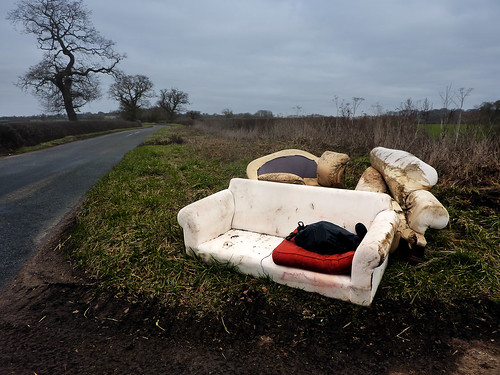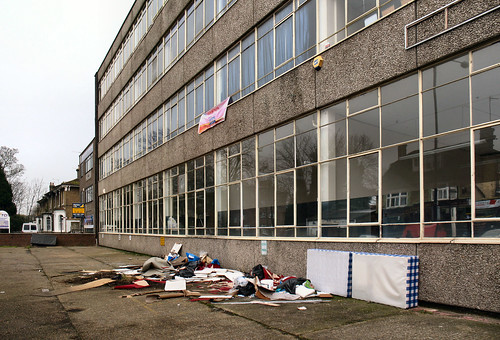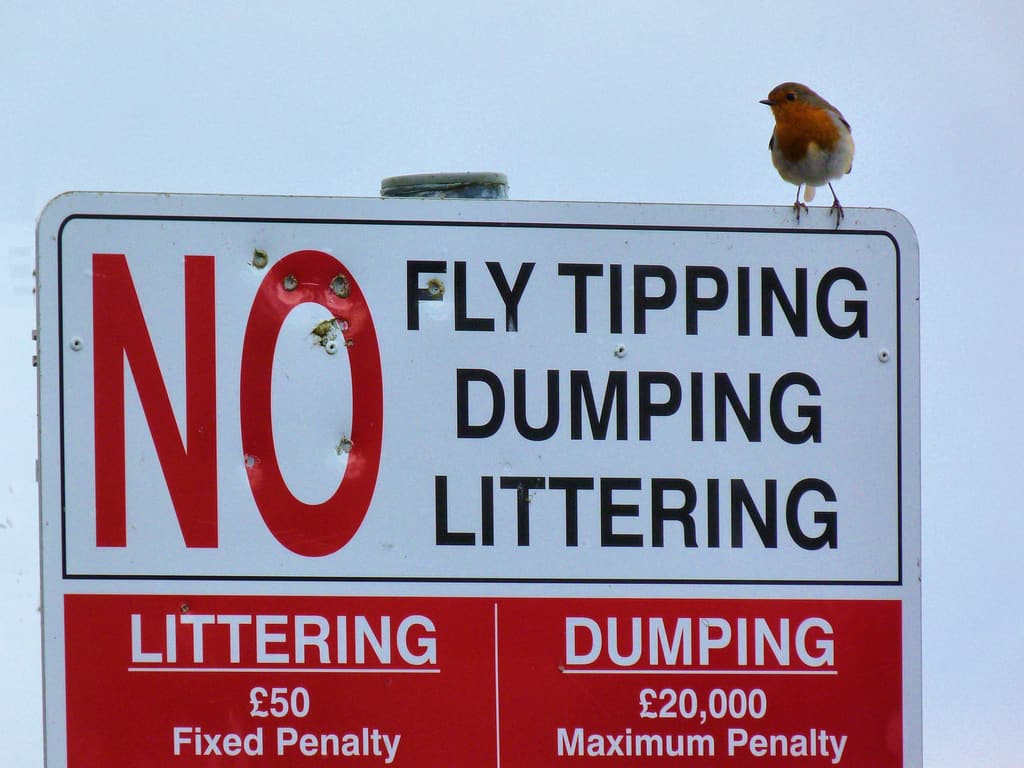In a society where recycling is available and easy, why is fly-tipping still a common practice?
Fly-tipping, the act of illegally dumping waste, is a strange and disgusting activity that sadly still happens today. The reality is that fly-tipping is shockingly on the rise, and one cause of this dumping of waste is believed to be caused by the high prices of using landfills.
Is it cost or laziness?
In Preston, Lancashire, the council spends £1.7 million every year cleaning the city streets. In two years, the reported cases of fly-tipping has trebled, and Councillor John Swindells attributed the rise to landfill costs. He also said “I see the council’s prosecution rate as proportionate to the number of incidents, and we will try to educate first by using informal enforcement methods. If this fails to have the desired result we will take legal action. We have a very high prosecution success rate in Preston, which should be a deterrent to others considering this course of action.” Having lived in Preston City Centre for four years, I can claim first hand to have seen a rise in fly-tipping, but also a sharp rise in littering. In one of my previous addresses, fly-tippers used to leave bin bags full of domestic waste outside our front door; we had no neighbours and there was no CCTV around (surprisingly). Our quiet little doorstep soon became a stinking pile of rotting waste, though the council were diligent and collected it quickly on each reported case. By chance one night, I caught the fly-tippers in action and questioned them as to their activities. They were Chinese students and their large metal waste container was full, so they had to get rid of it somehow. So the issue here was either that their bin provider was not supplying sufficient bin space, or not educating tenants as to the course of action when the bins are full.
50% of fly-tips are household waste
One problem with dumping household waste is that the same people who are willing to commit the ‘eco-crime’ are generally the same people who don’t bother recycling their cans, bottles and cardboard in the first place. This means that fly-tipped materials are full of valuable contents that could have had a new life if they ended up at a recycling facility. Instead they died on a city street. 
Fly-tipping must stop h-app-ening
A new app, known as FlyMapper, is being used by the enforcement and awareness officers of Welsh councils to log, photograph and pin-point fly-tips on a GPS map. Wales suffers 36,000 incidents of fly-tipping each year, which costs tax-payers over £2million annually, a steep figure for an avoidable action. Welsh councillor Ann Crimmings says “It may seem like a cheaper alternative to dump your waste at the roadside, but not only could you receive a hefty fine but your family could be affected by the loss of services because those items have to be cleared by the council. The message is clear, fly-tipping will not be tolerated.” Fly-tipping creates significant environmental problems too, with hazardous construction slurry being dumped in remote areas to avoid the costs of toxic disposal. This is not only lazy and cheap, but dangerous and irresponsible. Councils nationwide are keen to encourage their residents to confirm with any contractors as to what they do with their waste. Some councils are even considering making it possible to sign off waste to others when they collect it, so if it is later found fly-tipped, blame can be attributed.
What can be done?
So, perhaps a great deal of the fly-tipped waste isn’t suitable for recycling, but that doesn’t mean that is should be thrown on to the streets or into fields. Companies are getting caught out because they leave pieces of information in the waste that makes them easy to find, and these same companies are being shamed and ultimately losing customers for this unsustainable business practice. 








